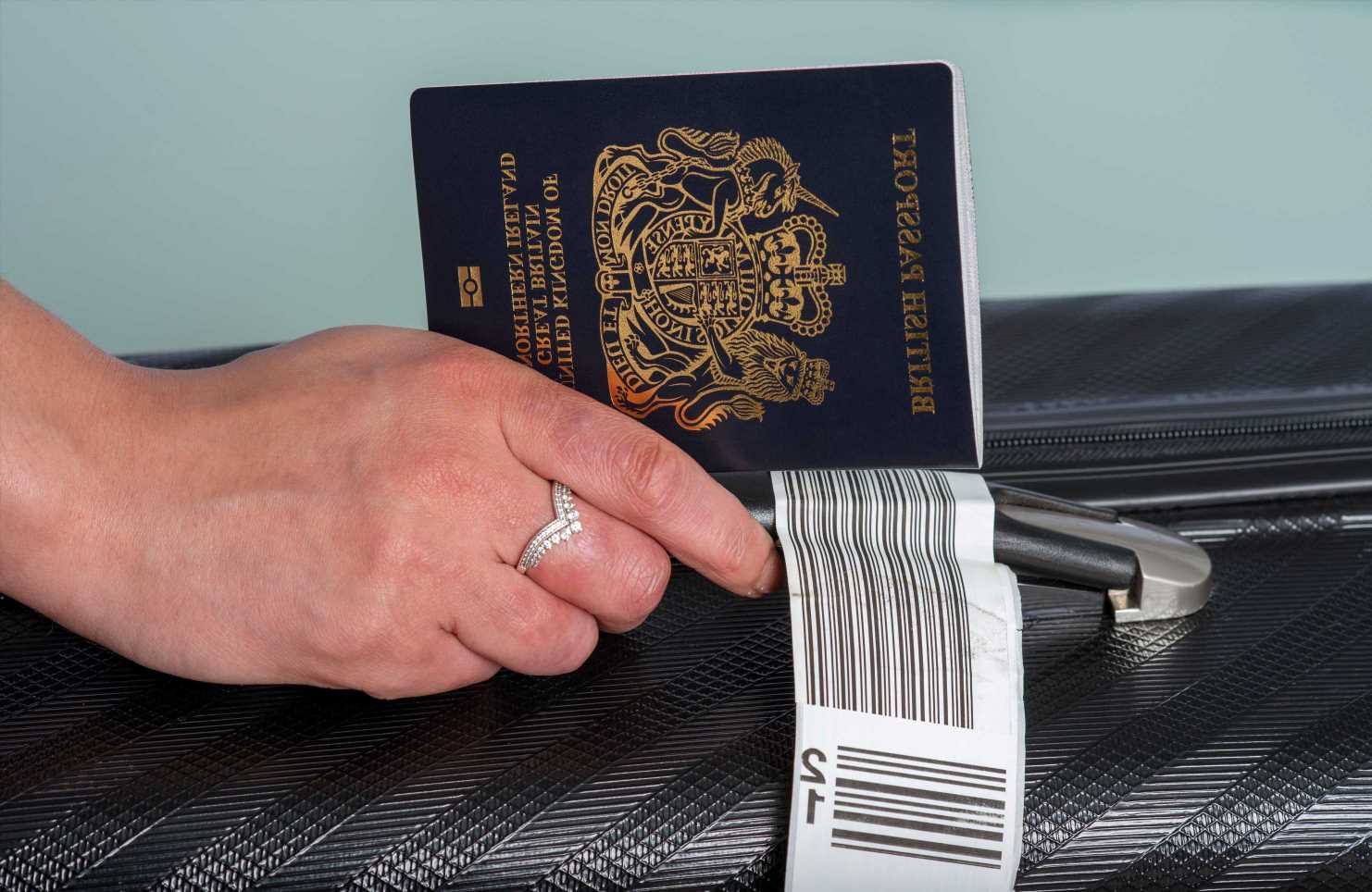When I think about a four-time-Grammy-nominated artist prepping to speak to the press, I imagine someone shrouded by an overly protective PR team that listens intently to every word she speaks. But for our 2 o’clock interview on a Friday afternoon, -country singer Mickey Guyton calls me directly from her cell phone. She’s on the line alone, fresh from an appointment at the nail salon.
From behind the wheel of her car, Guyton jokingly assures me that her road-rage days are over. I’m inclined to believe her as she takes me on a journey, describing the ups and downs of her love affair with country music—from her introduction to the genre to her first spark of infatuation when she saw LeAnn Rimes perform. She recounts the painful moment when she realized the relationship had become toxic and relishes the place she’s in now: operating in authenticity and receiving love in return. And she doesn’t lose her cool for one minute.
Join your favorite names in music, fashion, business, beauty, politics and more at the 2022 ESSENCE Festival of Culture! Click HERE to get your tickets now!
But before that walk down memory lane, Guyton makes a poignant statement of fact: “Black people are country,” she says. Not all Black people, of course—but when Guyton was a girl growing up all over the state of Texas, country was her reality. Her uncles trained horses; her school had -wrangler-Friday pep rallies; her grandmother loved movies like Steel Magnolias and Hope Floats. It was in her grandmother’s home that Guyton and country music first met.
“My grandmother loved Dolly Parton,” she recalls. “When I would go to her house, I watched the Roots VHS -collection and Dolly Parton and Kenny Rogers duets.” Years later, when Guyton saw Rimes perform the national anthem at the All-Star baseball game in 1997, she realized it might be something she could do as well. After all, Rimes—who was 14 at the time—was a teenager, just like Guyton. Of course there are key differences between Rimes and Guyton, who’s now 39. And as Guyton navigated her relationship with country music and the industry baggage that came with it, her passion for the genre was questioned. “People wonder, are you really country, or are you just some failed artist that’s trying out country music?” she says. Undeterred by such inquiries, Guyton moved from Texas to Los Angeles after high school to pursue country music while studying at Santa Monica College. There she met entertainment executives Gary Borman and Steve Moir, who would go on to manage her. Her career started to ignite in 2011, when she moved to Nashville and landed an audition with Universal Music Group Nashville Chairman Mike Dungan, who gave her a deal on the spot. She was the first Black woman to be signed by a major country music label. But the historic moment was marred by concerns about whether she belonged. Guyton’s team was so scared of her legitimacy being challenged that they suggested she visit the Country Music Hall of Fame and Museum, to brush up on country music history. When she did, she was greeted with a powerful work of art. “There was an image of Black people picking on their porch,” she recalls. “Diving more into it, I learned one of country’s main instruments, the banjo, came from Africa. That was enough for me. And it made me really proud to sit in this space.” But being proud and knowing how to show up as your true self are two different things—and for years, Guyton says she contorted herself to fit into her industry. “I was trying to be the girl next door,” she explains. “I used all their hairstylists and the makeup artists that they suggested. I don’t even want to look back at some of those pictures. Girl, I look dusty, crusty and gray. It was awful. It was truly, truly awful. I went on a lot of red carpets feeling really bad about myself.” It wasn’t just her look that wasn’t working. Even with a record deal, Guyton says, no one paid her any attention, and door after door kept closing in her face. But even though the industry wasn’t entirely prepared for Guyton, a conversation with her husband, Grant Savoy, helped her realize she was partially to blame. The two, who married in 2017, were sitting in a dark Los Angeles bar by themselves, having a deep, healing conversation about their marriage, when Guyton changed the subject and asked about her other love. “‘Now that we’re being honest,’” she recalls saying, “‘why do you think country music isn’t working for me?’” Her husband’s answer left her floored. “He said, ‘You’re running away from everything that makes you different. You’re running away from your Blackness.’” Guyton says the message from Savoy, who is of Black, Japanese and Portuguese descent, was the biggest gut check she’d experienced in her life. But Savoy didn’t just relay a hard reality; he offered a solution. “‘You need to write country music from your perspective, and your perspective only, being a Black woman,’” she remembers him saying. Guyton heeded his advice. “I literally flew back to Nashville that week and I wrote a song called ‘Black Like Me’ and another song called ‘Love My Hair,’” she says. “After I did that, I went through my Instagram—and anything that felt inauthentic to me, I scrapped it.” Guyton also went to her label and told her team that they needed to extend their knowledge beyond country music. “I said, ‘The same way that I have learned to be comfortable in a room of people who don’t look like me—it’s your turn to learn and feel what it’s like to be in rooms with people who don’t look like you.’” The moment was cathartic, Guyton recalls, but she didn’t stop there. “I started trying to find other Black women who love country music, who might not get opportunities because people don’t assume that Black girls like country music—and we do,” she says. “We deserve to be in any space that we want to be in.” These days, the country community has no choice but to accept Guyton as the real deal. “Black Like Me” was nominated for a Grammy for best solo country performance in 2021, making Guyton the first Black woman to be nominated in the category. This year, she received three more Grammy nominations for her song “Remember Her Name.” Yet with all of the accolades, there are still those who question the presence of Guyton and other Black artists in country music. After this year’s CMT Music Awards, reporter Patrick Howley remarked on the number of Black celebrities at the award show, saying, “It’s not Wakanda.” Guyton, who has endured years of race-based abuse online and once suffered from anxiety as a result, says she no longer loses sleep over these types of comments. “It’s like, I can’t help you,” Guyton says in reference to Howley. “Go do what you do, and then go praise Jesus afterward, like you did something. Congratulations—get it out, good for you.” No longer interested in proving her place as a country music artist, Guyton is clear about her purpose and excited to open the door for others. “To watch other Black girls be seen and get their opportunities in this industry—I think that is just the coolest part of all of this,” she says. “Nothing else is as exciting as watching that for me.” And for those who might not agree with that sentiment, Guyton has a sobering truth that she delivers in a way only a country artist can. “We’re not going to stop,” she says simply. This article appears in the July/August 2022 issue of ESSENCE on newsstands June 28. Source: Read Full Article


